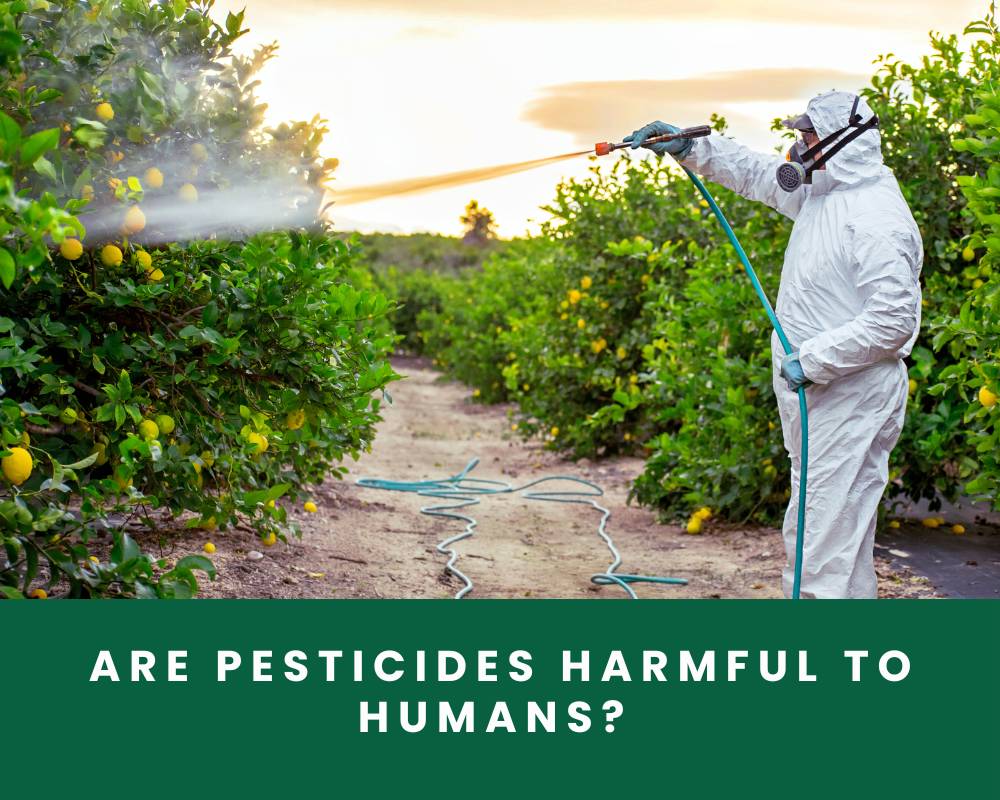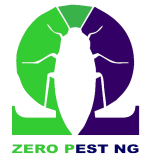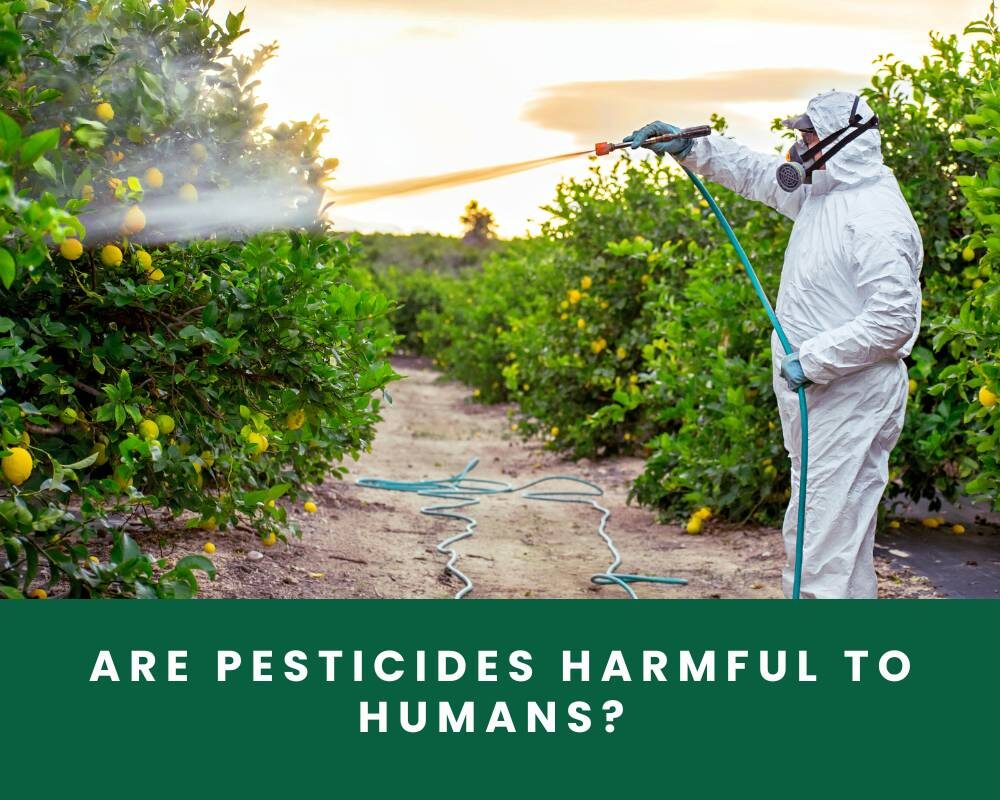
Are pesticides harmful to humans?
Many pesticides today have been associated with so many health and environmental issues and exposure to some of these pesticides can be detrimental to the health and well-being of a human being.
When it comes in contact with the skin, inhaled or ingested, it can cause damage to skin. Also pesticides are capable of causing gastrointestinal, neurological, reproductive, carcinogenic, and respiratory damage.
Pesticides are simply substances that are mainly used in agriculture to protect plants from pests and diseases. They are used to get rid of pests that can cause harm to crops.
Over the years, they have been very helpful in keeping farmlands safe from pests that destroy crops.
Even with the good it does to crops and farmlands, some cons come with using pesticides. Let us delve into the modus operandi of pesticides and how they can be harmful to humans.
Types of Pesticides
Pesticides come in various forms, each targeting specific types of pests. Insecticides combat insects, herbicides target unwanted plants, fungicides address fungal issues, and rodenticides control rodents.
How Pesticides Work
Pesticides operate through different modes of action. They may disrupt the nervous system of pests, interfere with their reproduction, or damage their cellular structure.
Humans can be exposed to pesticides through residues on food, occupational contact in agriculture, and residential use. Understanding these exposure routes is crucial to assessing the associated risks.
What are the harmful effects of pesticides on humans?
Exploring the effects of pesticides on humans and animals, such as organophosphates and carbamates, pyrethroids, and neonicotinoids, helps to comprehend the diverse impacts on human health. Pesticides can cause short-term effects and long-term effects. Let’s discuss these two broad effects of pesticides on human.
Short Term Effects
Some examples of chronic effects are birth defects, respiratory issues, cancer, and others.
Infants and children are known to be more susceptible to the harmful effects of pesticides, so it would be best to ensure they avoid coming in contact with them.
Now, to know the kind of harm pesticides cause, we will need to look at the kind of harm they cause to humans.
Acute Toxicity
Pesticides can exert immediate toxic effects on humans upon exposure.
Acute toxicity may manifest as symptoms ranging from nausea, dizziness, and headaches to more severe outcomes such as respiratory distress, convulsions, and, in extreme cases, death.
The severity often depends on the type and concentration of the pesticide.
Allergic Reactions
Some individuals may develop allergic reactions upon contact with certain pesticides. Skin rashes, itching, redness, and swelling are common manifestations.
In more severe cases, individuals may experience anaphylaxis, a life-threatening allergic reaction that requires immediate medical attention.
Respiratory Issues
Inhalation of pesticide fumes or particles can lead to respiratory problems.
Irritation of the respiratory tract, coughing, wheezing, and shortness of breath are common symptoms.
Long-term exposure to certain pesticides may contribute to chronic respiratory conditions such as asthma.
Long Term Effects
Carcinogenicity
Several pesticides have been identified as potential carcinogens, increasing the risk of cancer development in exposed individuals.
Chronic exposure to these substances has been linked to various types of cancers, including leukemia, lymphoma, and cancers of the lung, breast, and prostate.
Neurological Effects
Pesticides may adversely affect the nervous system, leading to neurotoxicity.
Symptoms can include tremors, loss of coordination, memory impairment, and cognitive dysfunction.
Long-term exposure, especially in occupational settings, has been associated with an increased risk of neurodegenerative diseases such as Parkinson’s and Alzheimer’s.
Endocrine Disruption
Certain pesticides have the ability to interfere with the endocrine system, disrupting hormonal balance in the body.
This can lead to reproductive issues, developmental abnormalities in children, and disruptions in the normal functioning of organs regulated by hormones.
How can we prevent exposure to pesticides?
Consider non-chemical methods for controlling pests
You can avoid using harmful chemicals to control pests like introducing wild plants and animals to get rid of the pest for you, mulching, hand weeding, setting traps, etc.
Carrying out organic pest control methods would be the best bet if you’re worried about getting sick from the continuous use of pesticides.
If you have to use chemical pesticides, then go for the ones that have fewer harmful chemicals in them. You can also use a vacuum cleaner during any infestation to get rid of some of the insects lurking around in your farmland.
Store pesticides properly
Make sure you keep pesticides properly after using them and ensure they don’t end up tipping over or spilling.
Clean all your equipment after use and take a bath to rid yourself of any pesticide residue. Also, store your gear in a safe and dry place.
Cover up properly when using pesticides
You can get cover-up gear when you want to use pesticides so you don’t end up touching or coming in contact with them.
This is very important as the less you get in contact with pesticides, the less the risk of you getting any harmful illness.
Are pesticides harmful to humans: the takeaway.
Knowing that pesticides can cause numerous illnesses and also knowing how to avoid said illnesses is very essential.
Make sure you put everything above into practice to avoid any of the effects and see a professional as soon as you suspect that you might have come in contact with any harmful pesticide.


Comments are closed.